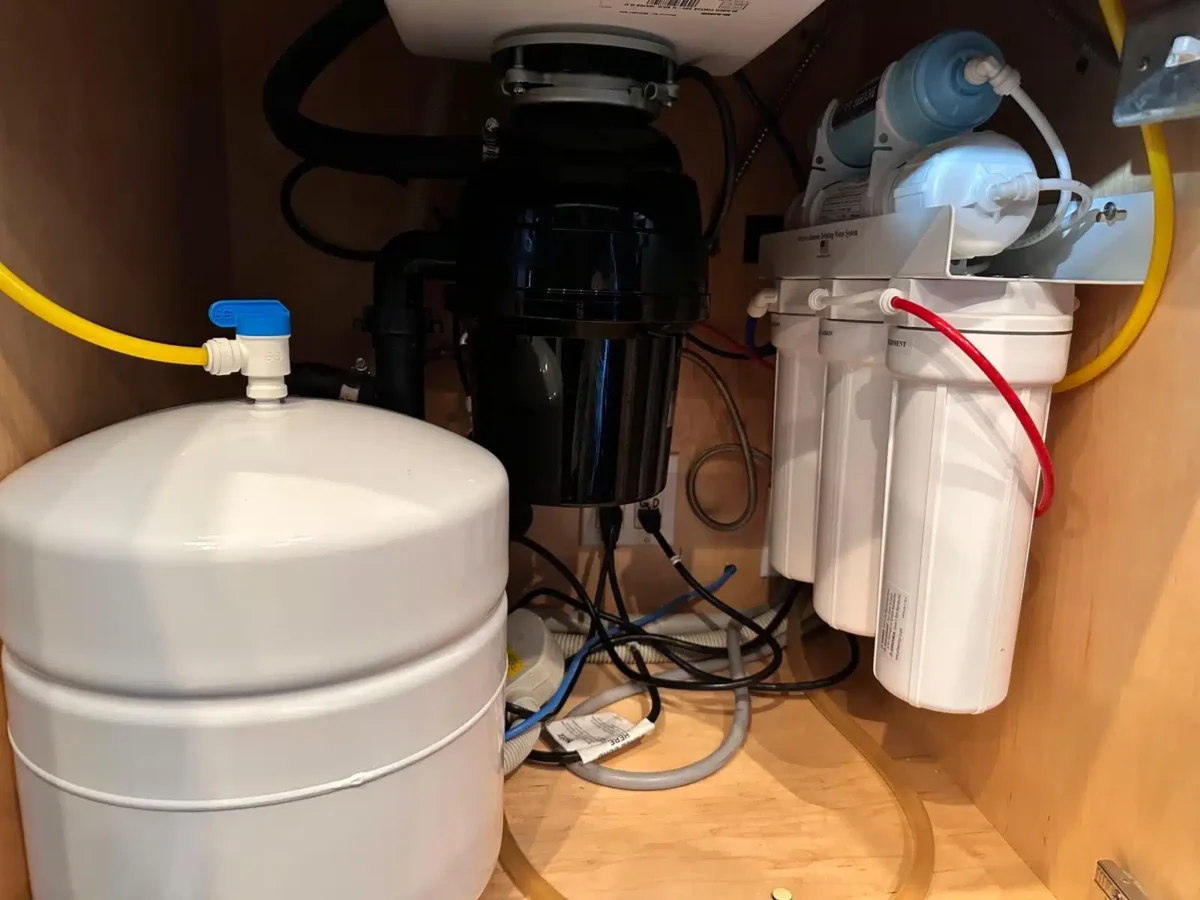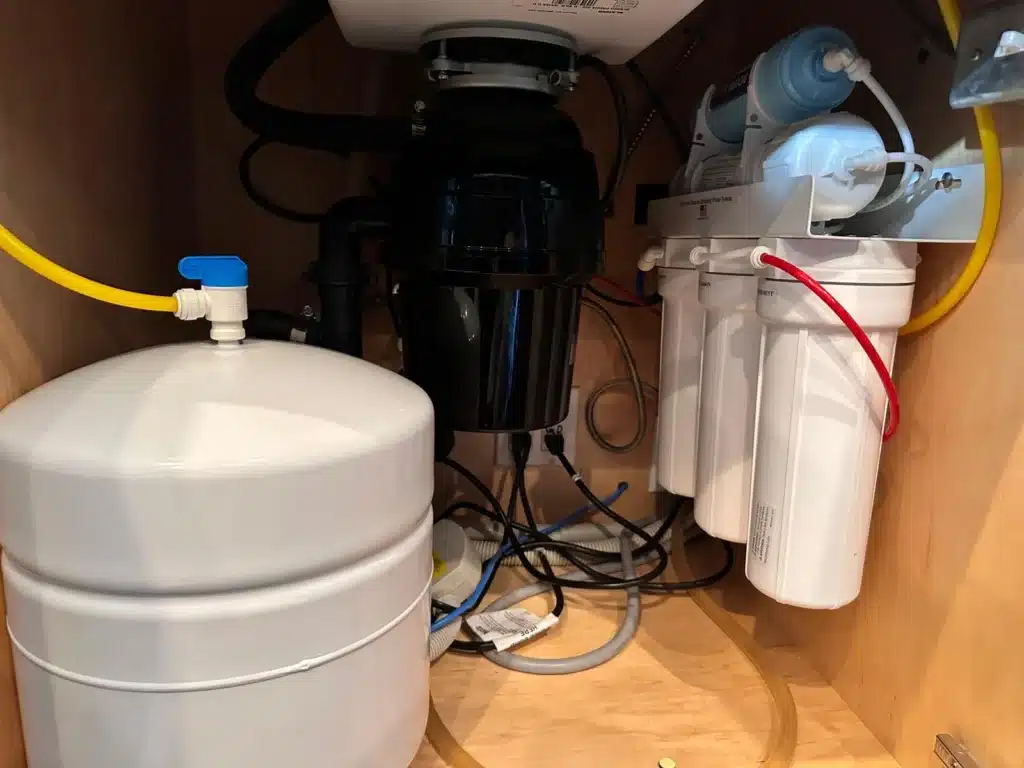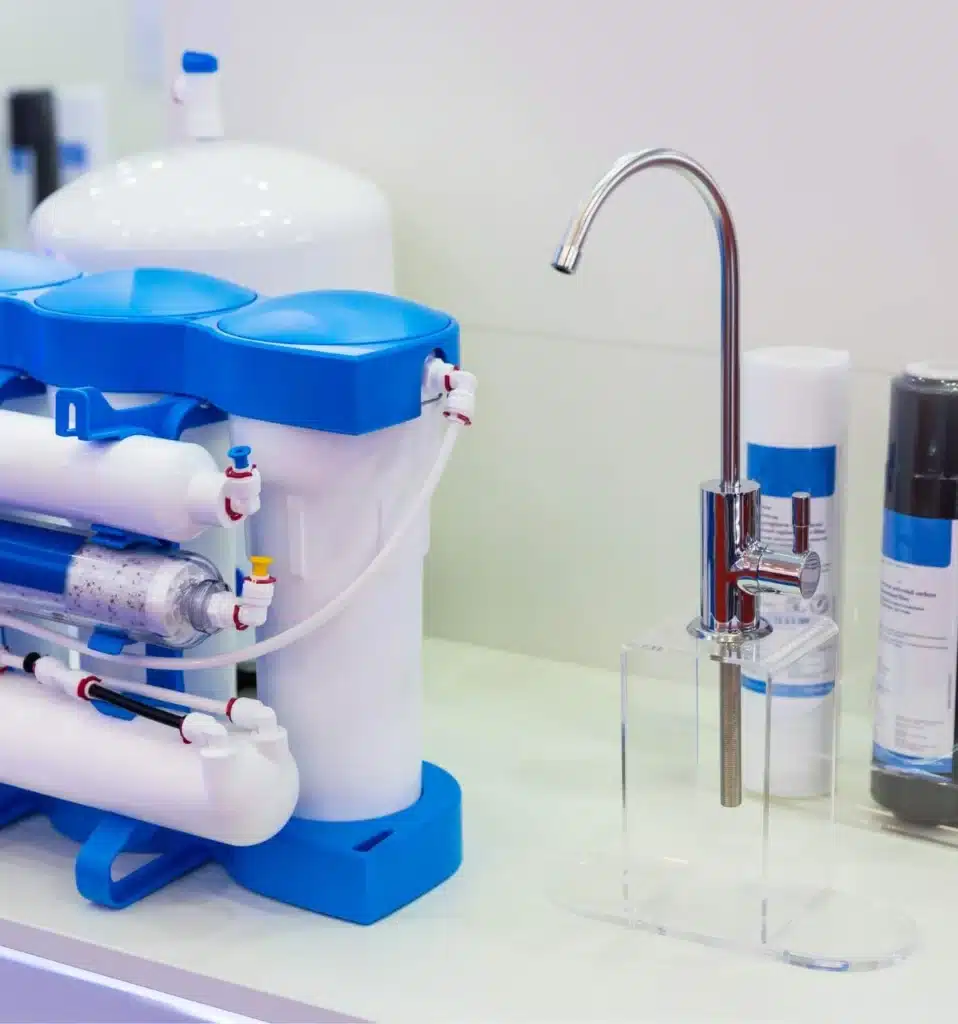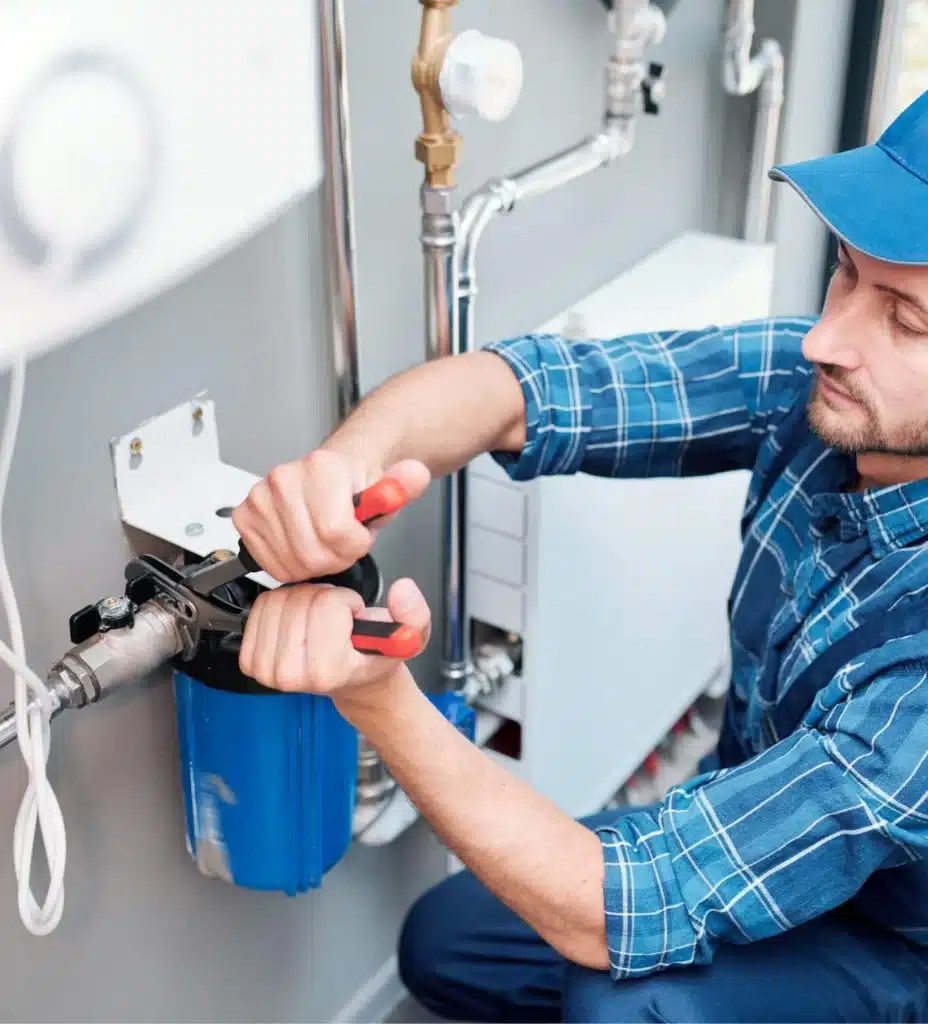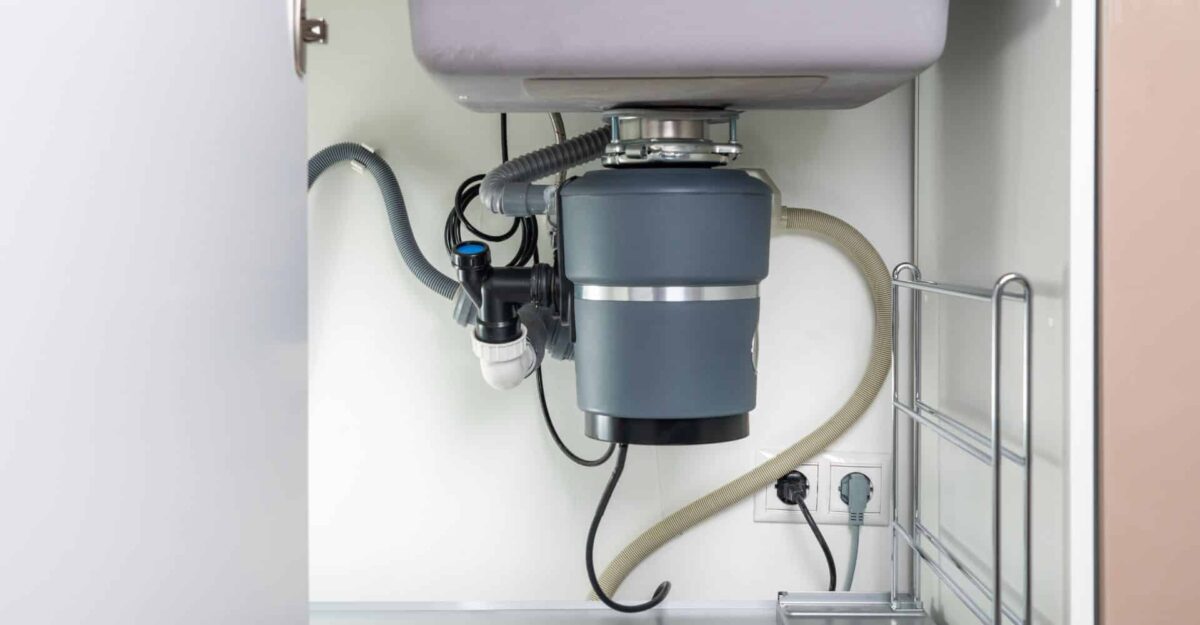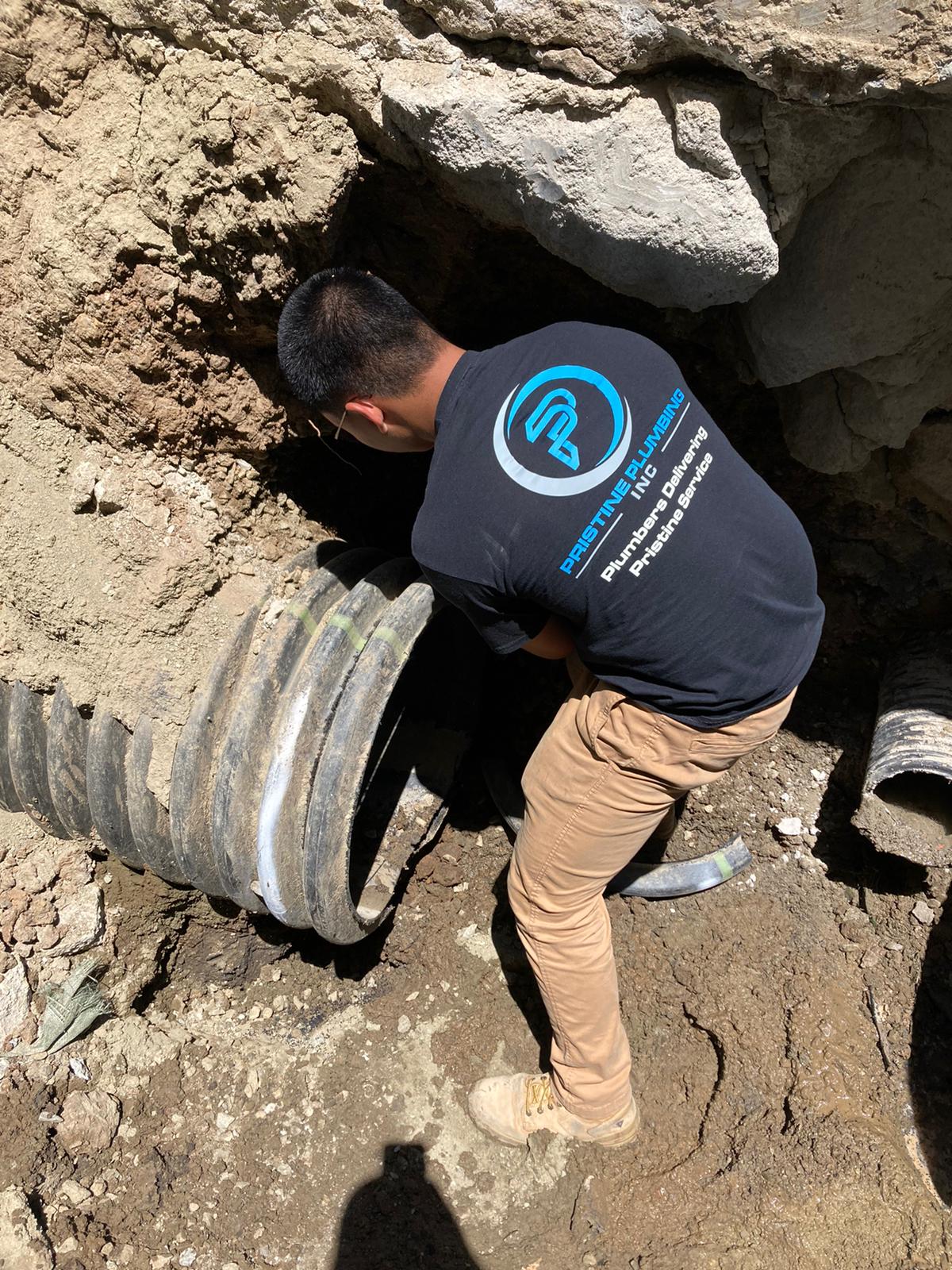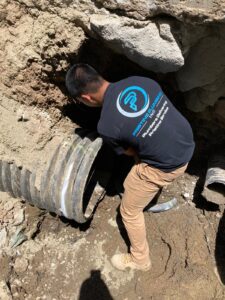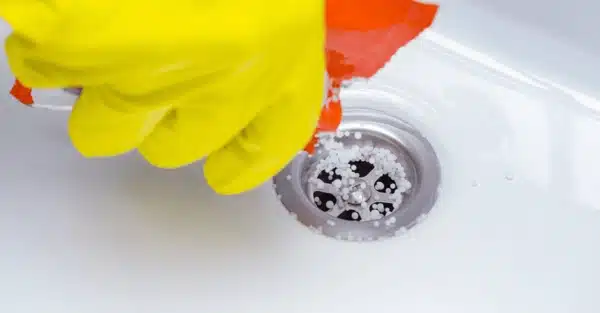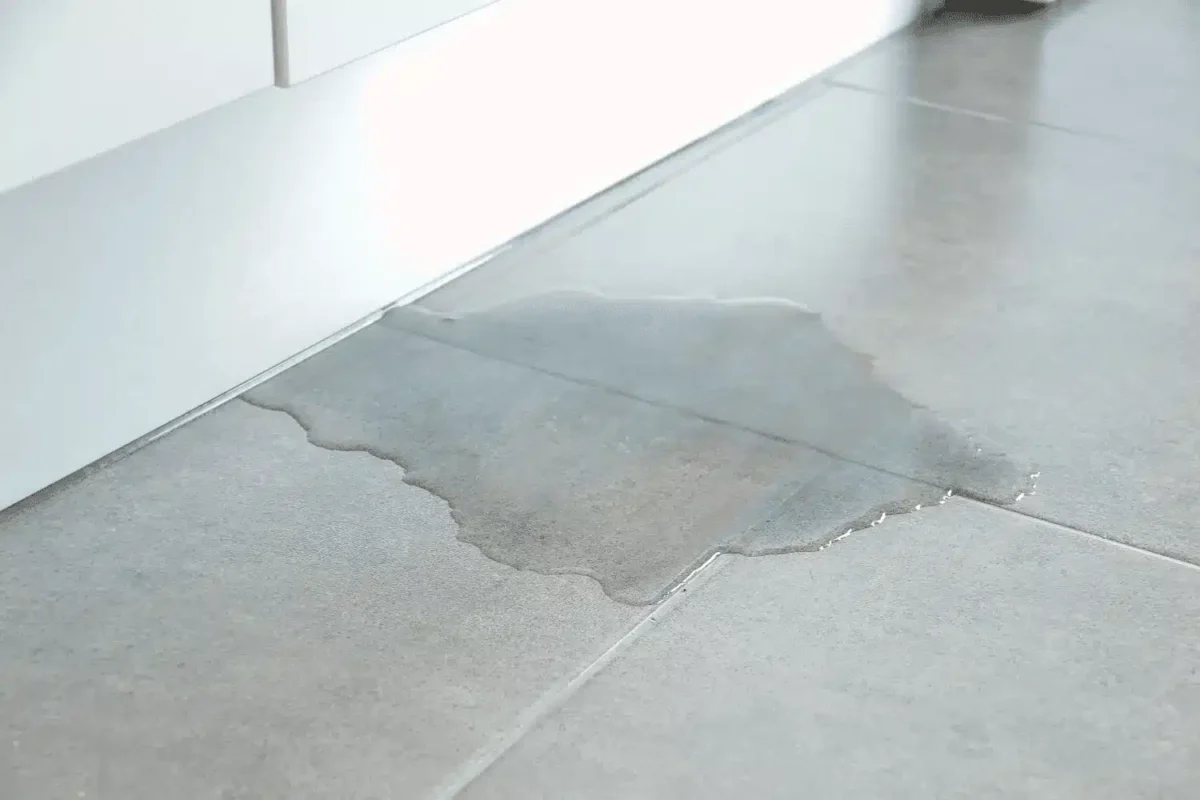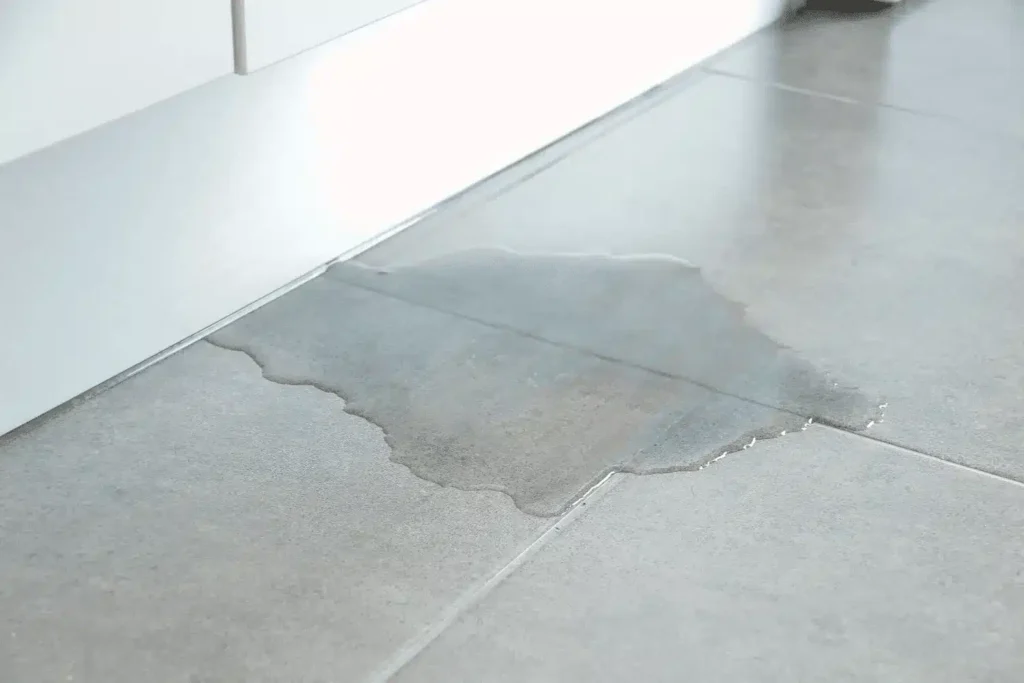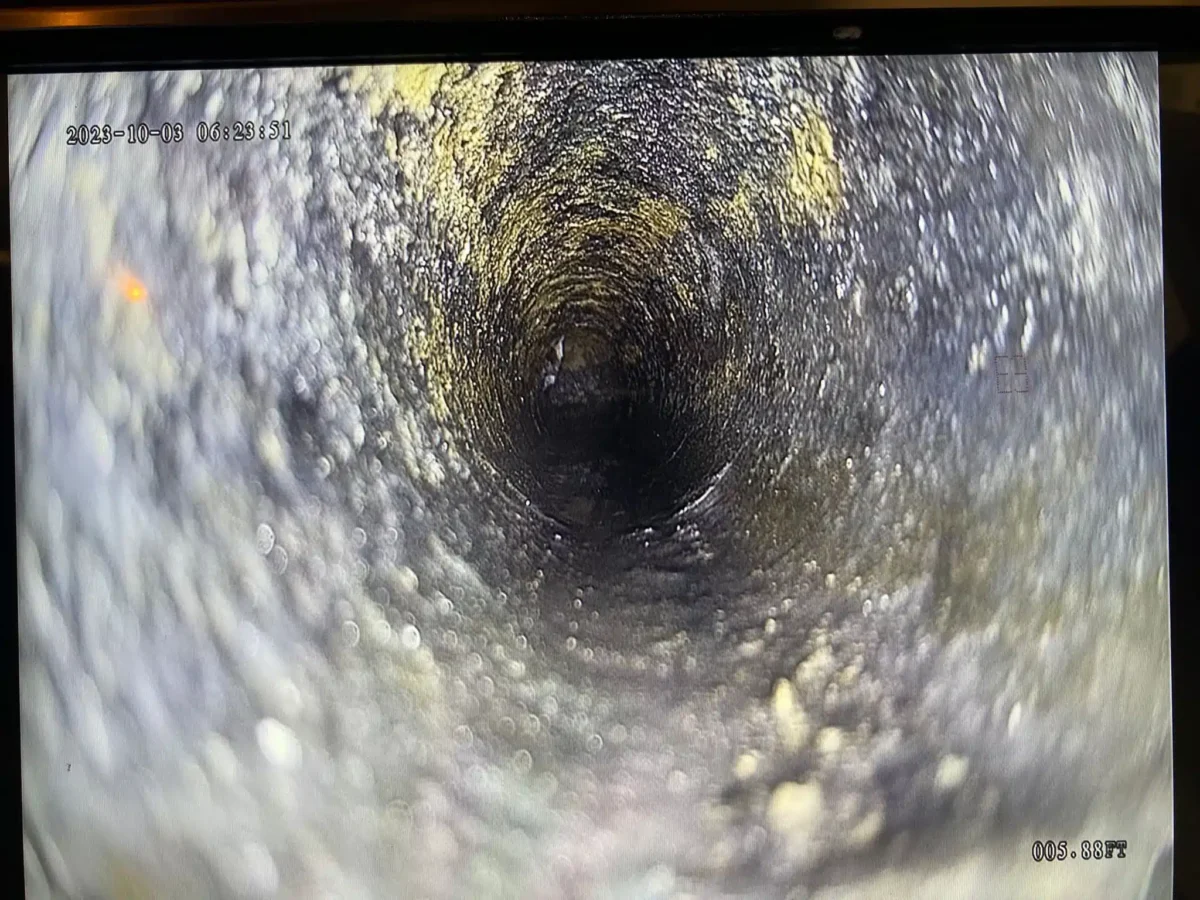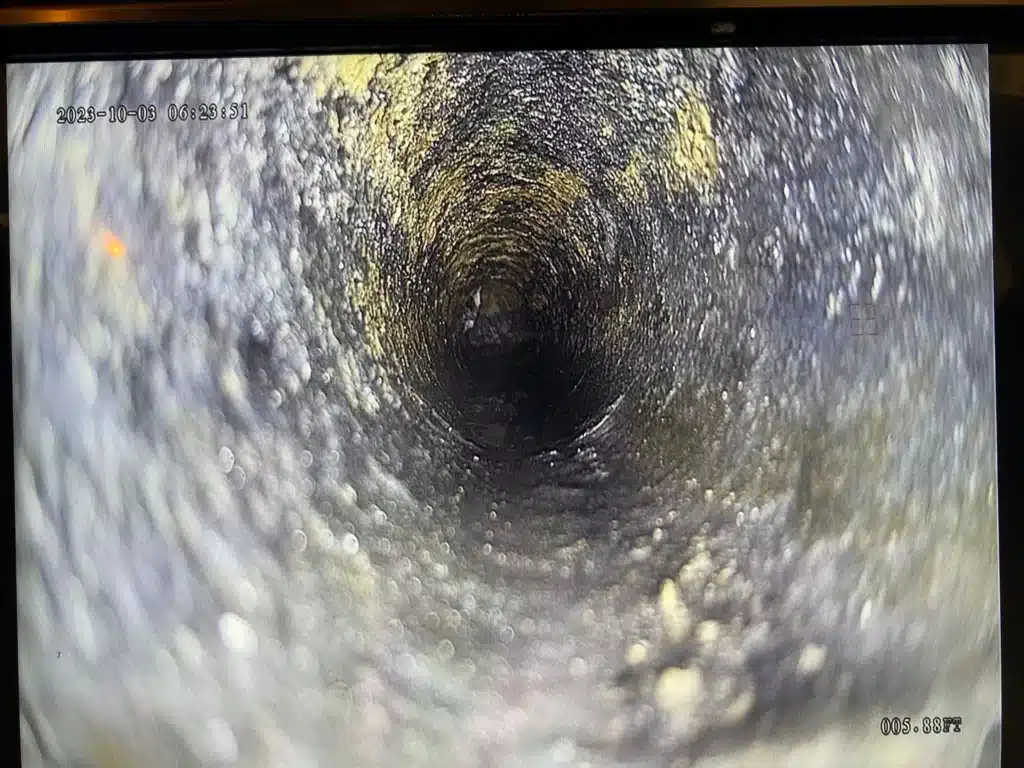Benefits of a Water Softener
pristineplumb1
on
December 20, 2024
Hard water may not pose immediate health risks, but its long-term effects can be costly and inconvenient. The benefits of a water softener are clear when you consider how minerals like calcium and magnesium build up over time, damaging your plumbing, appliances, and even your skin. These minerals bond to surfaces, leading to stubborn deposits and clogs.
A water softener eliminates these issues, protecting your home and enhancing your daily life. Whether preventing costly repairs or improving your water quality, installing a water softener is an investment that pays off.
Benefits of a Water Softener
Thinking about buying a water softener for your home? If you’re tired of dealing with the effects of hard water—like dry skin, soap scum buildup, or clogged pipes—it’s time to consider how a water softener can make your life easier. These modern systems offer a simple and effective way to tackle the inconveniences of hard water.
Here are the water softener benefits that you can start enjoying right away.
Healthier, Skin & Hair
Do you ever feel like your skin is dry or irritated after a shower? Hard water can strip your skin of its natural oils, leading to dryness and irritation. The minerals in hard water can also leave a residue on your hair, making it feel rough and challenging to manage. A water softener helps to eliminate these minerals, leaving your skin feeling softer and your hair shinier and more manageable.
Think of it like a conditioner for your entire body—softer water means softer skin and healthier hair.
Reduces Lime Buildup on Plumbing Fixtures
Hard water leaves mineral deposits behind that slowly build up over time. These deposits can clog pipes, damage water heaters, and cause unsightly limescale on faucets and showerheads. Installing a water softener prevents this buildup. This keeps your plumbing looking clean and ensures your pipes stay clear, reducing the need for costly repairs or replacements.
Cleaner, Spotless Dishes
Are you tired of scrubbing those stubborn spots and streaks off your dishes? Hard water often leaves behind mineral stains, making your glasses look cloudy and your silverware streaky. A water softener eliminates these stains by removing the minerals that cause them. Your dishes will come out of the dishwasher sparkling clean, with no extra effort on your part!
If you’re interested in improving your kitchen water quality further, explore the benefits of an under-sink water filtration system for even more ways to get cleaner, better-tasting water.
Less Soap & Detergent Used
If you’ve ever felt like you’re constantly running out of soap or detergent, hard water might be the culprit. Hard water makes it harder for soap to lather properly, so you end up using more products to get the same results. Understanding how a water softener works is key to solving this problem. A water softener replaces the minerals in hard water—like calcium and magnesium—with sodium or potassium ions, allowing soap and detergents to work more efficiently. With proper water softener work, you can reduce soap usage by up to 50%, saving you money and reducing your environmental impact.
Maintains Softer Clothing
Hard water can take a toll on your clothes, making them stiff, scratchy, and more likely to fade. A water softener helps keep your laundry feeling soft and fresh. Clothes last longer, resist fading and stay comfortable. Plus, you won’t have to deal with static cling as much.
Extends the Life of Plumbing Systems
Mineral deposits from hard water can cause severe damage to your plumbing system over time, leading to corrosion and leaks. A water softener can extend the life of your pipes and avoid expensive repairs. Soft water keeps your plumbing running smoothly, saving you money in the long run by preventing costly replacements.
Allows Water Heater to Warm Up Water Faster
Did you know that hard water can make your water heater less efficient? Mineral buildup can reduce your water heater’s ability to heat water quickly, leading to higher energy bills. A water softener removes these minerals, allowing your water heater to heat water more efficiently. This saves energy and reduces wear and tear on the appliance, extending its lifespan.
Improves Efficiency of Water-Using Appliances
Hard water can also reduce the efficiency of appliances like dishwashers, washing machines, and coffee makers. Mineral buildup affects their performance, making them work harder to do their jobs. With a water softener, your appliances will perform better and last longer, helping you avoid frequent repairs and replacements.
Removes Unwanted Tastes from Drinking Water
Hard water can sometimes taste bitter or metallic, which is caused by the minerals it contains. Installing a water softener removes these minerals, improving the taste of your drinking water. Not only does your water taste better, but it’s also safer to drink, free from excess calcium or magnesium.
Saves Money in the Long Run
When you add up the savings from less soap and detergent usage, fewer plumbing repairs, lower energy bills, and longer-lasting appliances, it’s clear that a water softener is an investment that pays for itself over time. By eliminating the adverse effects of hard water, you’ll save money on repairs and replacements, all while improving your daily life.
Importance of Professional Water Softener Maintenance
You might think that once your water softener is installed, it’ll work perfectly forever. But like any home system, it needs regular maintenance to stay in top shape. Periodic cleaning removes the debris and residue that can build up over time, ensuring your system runs efficiently. If you don’t keep up with scheduled regeneration, the system may not function at its best, leading to reduced performance and potentially costly repairs.
Professional maintenance from Pristine Plumbing ensures your water softener receives the care it deserves. Our certified specialists thoroughly inspect and tune your system to maintain optimal performance. By scheduling regular service, you’ll extend the lifespan of your water softener and continue enjoying the benefits of softened water.
When it comes to water softener repair and maintenance, experience matters. With years of expertise in hard water treatment, Pristine Plumbing’s PHCC-certified specialists have the knowledge and skills to help you get the most out of your water softener system. Trust us to keep your home’s water running smoothly. For expert water softener maintenance, contact us today.
Pristine Plumbing: Say Goodbye to Hard Water Headaches
At Pristine Plumbing, we understand that every home is different. That’s why we offer customized water softener solutions tailored to your home’s specific water hardness, household size, and budget. We don’t just install systems—we ensure they stay at peak efficiency with timely water softener repair services.
With years of experience and a reputation as trusted specialists in California, we know how to tackle hard water problems and provide long-term solutions. We also offer budget-friendly options and flexible financing plans to fit your needs.
Rest easy knowing Pristine Plumbing’s team follows industry standards and safety protocols. We take great care with every system we install and maintain. Contact us for a consultation today for the personalized, top-notch service you deserve. Schedule an appointment with Pristine Plumbing.
